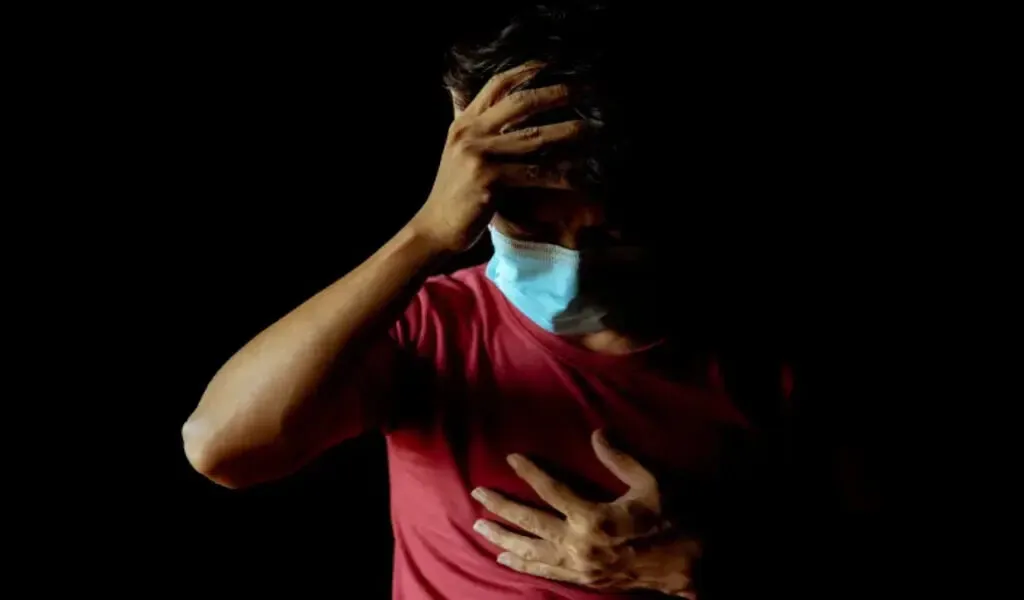Health
COVID-19 Affected By Reinfection? Here’s What We Know So Far.

(CTN News) – With COVID-19 cases already on the rise ahead of the Thanksgiving holiday, experts are urging caution as Americans gather indoors in the late fall and winter months.
A lot of Americans have now been infected with COVID-19 at least once, which may have led to some complacency; yet even if another round of SARS-CoV-2 infection may start to feel old hat, experts warn that the possibility of long COVID is still a threat Americans should be wary of — even if they have managed to avoid long COVID in the past, it is still a threat they need to watch out for.
How does Long COVID-19 work?
The term long COVID has not been defined in a consensus-based manner, and there are also no agreed-upon procedures that can be used to define and diagnose it.
A study by the Centers for Disease Control and Prevention revealed in June that nearly 1 in 5 Americans who were infected with COVID-19 still have symptoms of severe COVID, which is defined by the CDC as symptoms lasting over three months post-infection that were not present prior to the infection.
There are many symptoms associated with long COVID – from respiratory and heart symptoms to neurological symptoms to general ailments like fatigue or muscle aches – and according to the Center for Disease Control and Prevention, long COVID is more common in people who have suffered a severe bout of COVID-19, but people can also suffer from “post-COVID conditions” in mild or asymptomatic cases.
In his role as chief of infectious diseases at UTHealth Houston and Memorial Hermann Hospital, Dr. Luis Ostrosky-Zeichner said that he sees three kinds of patients at the hospital’s long COVID clinic: patients who have suffered severe damage from COVID-19;
People whose underlying illnesses have been exacerbated as a result of COVID-19; and the “true” patients with long COVID, who exhibit a variety of symptoms for which an objective cause cannot be identified at the moment.”
The good news, according to Ostrosky, is that most of the long-term COVID patients will improve on their own within four or six months of starting treatment.
However, there are some patients we’ve been following for the past year or year and a half who have not been able to recover despite our best efforts. In order to be able to provide them with therapeutic options, we have to conduct more research in this area.
SEE ALSO:
Long-COVID Clinics Are Struggling With How To Treat Their Patients






























